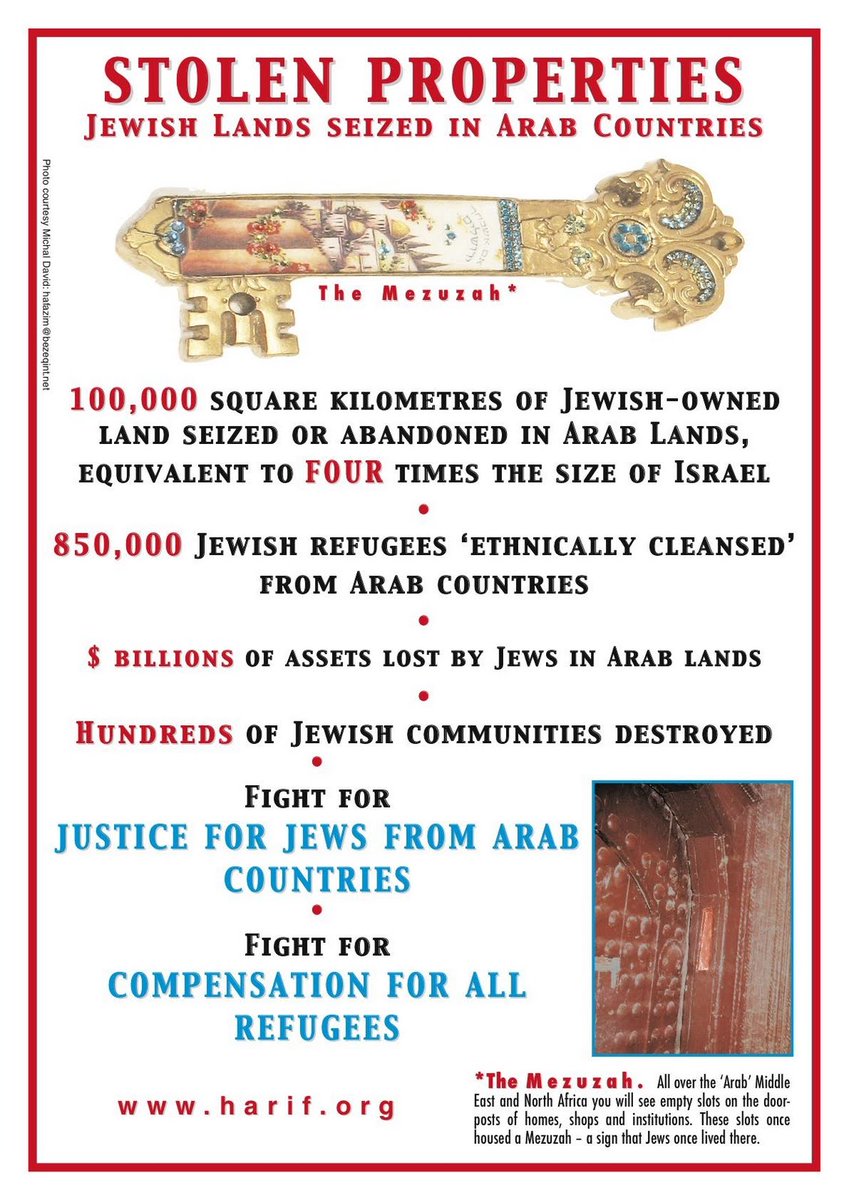Good day to You too.
You want to talk about honesty and sources?
Yesterday I already wrote a response to what You said about Rabbi Elyahu, it was obvious You read it in some other place other than the original, and You didn't know to tell me his exact so we could be specific. None of Your links as far as I looked mentioned what You wrote. As I said I already wrote a response to that conversation basing on my mere guess of what might have been the specifics of the issue, but deleted it because it was too much discussion on term of Jewish law and how it applies to the practice of common law in western democracies. Believe it or not right after deleting it I found the original source, and it was interesting that, as far as see it I expressed the issue very close to what Rabbi Shmuel Elyahu said regarding the Arab communities in Judea:
"There's a concept of Ger toshav, who is someone that accepts upon himself seven Noahide Laws and the sovereignty of the People of Israel in its Land. In such a situation, it is possible to allow him, under certain conditions, to live here, and of course, he also has rights. The conditions for this are detailed in the Seven Noahide Laws, which means he should accept upon himself to live the normal life of normal person, who does not steal agricultural equipment or land and does not support the phenomenon of theft, does not commit murder for reasons family honor or other reasons, does not attack a bus on the street because it did not allow him to pass. These are normal conditions that are required from anyone who lives here as a visitor in the Jewish state. He cannot live here as sovereign and certainly not as an invader. On the other hand, whoever lives here and undermines the sovereignty or permits himself to do thigs that are forbidden by Noahide Laws should please move to another place"
http://ribonut.co.il/images/ribonut_9_en.pdf
Now what is a "Ger Toshav" and how it applies to both Rabbinic law and common law. As far as influence of Jewish law on common law the Israeli courts recognize the 13 concepts of law interpretation that are used in what the call "Hebrew law" in cases where common law has difficulty to decide, especially if a case deals with specifically issue that need comprehension of Jewish law in order to understand person's motives, or if a person rejects a hearing in Rabbinic court, and such a case is passed to civil court.
First of all as far as I understand there can be a request in special cases to prefer a decision in the "spirit of Hebrew law", second these 13 specific concepts are used as interpretation techniques not only in Israel but in many cases all throughout the western world. It exactly deals with how to interpret cases in common law, the only difference can be is when a person asks to apply Jewish law in addition to these techniques it may be taken in account. So may be requests in recognizing motives dealing with religious nature of other faiths in the civil court.
Sorry for the length, but I have to be specific.
Q. So what is Ger Tohav in Jewish law and how it applies to what is being presented as the plan for sovereignty?
Ger is what is commonly known as the resident status.
It is conditional upon the Noahide laws and recognition of sovereignty of the Jewish nation. With the reconstitution of of Israel, Rabbi Kook ZTZ"L when establishing the Chief Rabbinate recognized all members of the Arab communities as Ger Toshav because by virtue of being members of the Abrahamic faiths they have all fulfilled all the basic conditions of Noahide laws. If a citizen wants Jewish law to apply to him beyond the 7 laws that provide him full citizenship, he's called "Righteous Ger", if not he/she's defined as "Kind of the Nations of the World".
Q.What regarding political status?
In practice vast majority of those who are described as residents of Israel according to Jewish law are citizens with full rights and access to their own religious authorities and courts, again under the frame of common law.
When Rabbi Kook ZTZ"L ruled that way it was not something new or a precedent, but based on Jewish law. The Jewish philosophers always looked to understand and comprehend the part and purpose other faiths have in the greater good of the world, especially the Abrahamic religions. In spite of all the hostility towards us and seemingly small differences that evolved into big ones, we still agree on much of the same cultural concepts. This is a central concept in Jewish thought, joined Tikun 'Olam and Kidush HaShem that belongs to any person, but in our case without forcing our culture or trying to convert anyone.
With that said and not without the respect for Christianity and Islam, in all that context of similarity and contradiction, we have to recognize that both also have a great complex of hostility towards the Jewish nation and tradition.
Ezrah - translated as citizen in English, in Jewish law means anyone to whom applies Rabbinic law.
Ger Toshav - translated as resident and sometimes as guest, but in practice mean mostly citizens or those who keep other nationality but recognize Israels sovereignty and have a right to permanently live in the country, have rights and protections.
Ger - mostly businessmen and tourists who stay for short period for interests other than permanent living .
Those are the implication for the 3 categories when people discuss those terms , and these terms differ in common law, however specifically defined. I've mentioned key sources to understand the context and parallels.


